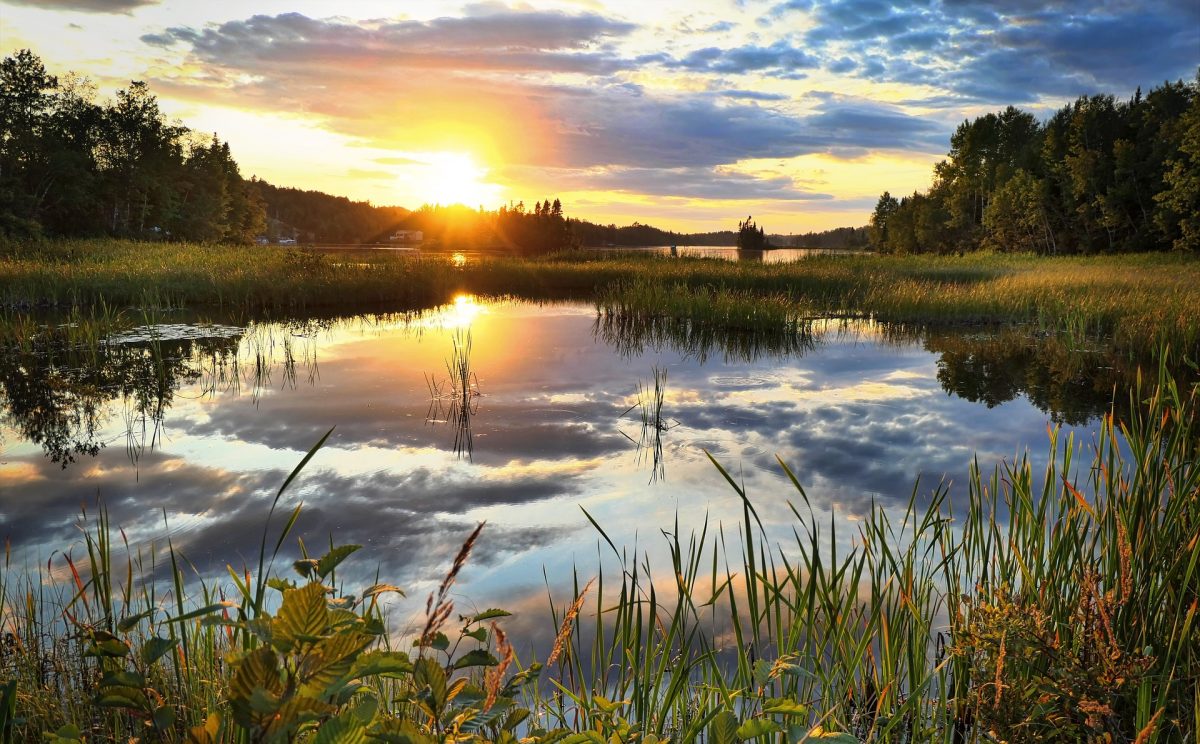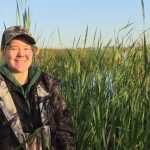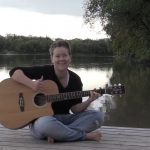
Why do wildlife matter?
Instead of just writing a long, technical manuscript, a UM environmental science student decided to turn her Honours thesis into a short film with an original soundtrack. The project went so well that she is now continuing it within her Master’s thesis.
UM graduate student Emily Thoroski asked a variety of experts and researchers working with wildlife a question that is tacit in their daily lives but never stated explicitly: Why do wildlife matter?
Her advisor, Dr. Rick Baydack, a past president of The Wildlife Society (TWS), had taught an undergraduate course that initiated Emily’s video project. The topic of the video ‘Why Do Wildlife Matter?’ came from a theme that Baydack had presented at a conference organized by TWS. Inspired by his discussion, Thoroski ran with it.
“A lot of people don’t think about this question,” Thoroski said in an article on The Wildlife Society’s website. “They do the research, and they’re passionate about it, but people rarely talk about why wildlife matter.”
Thoroski received a UM undergraduate research award in 2018 and additional funding from the Clayton H. Riddell Faculty of Environment, Earth and Resources for travel to interview wildlife professionals and students in both the USA and Canada. She worked with both Baydack and his colleague Dr. Erin McCance. Thoroski used dozens of interviews to create a short film addressing the issue of the importance of wildlife to society, and she was inspired to write and perform the song, “We decide,” as its soundtrack.
“I wanted to use music and video to get the public more involved,” she said.
Among the views of wildlife experts in the film are the observation that wildlife is a “barometer” for measuring our ecosystem, and that wildlife connect families across generations. But Thoroski also heard some cautionary tales from her interviewees.
“Most of them were realistic in stating that they do have hope, but it is going to take a lot of work, a lot of dedicated people, and most importantly, better awareness to the general public,” she said.
“Wildlife hold a piece of my heart and soul,” Thoroski says. “I absolutely have hope for wildlife, but we need to make sure that we continue educating and inspiring people to help conserve wildlife and that we all work together. We will be stronger and smarter if we work together.”
As for the impact the COVID-19 pandemic is having on wildlife, Thoroski notes: “Across the planet, we have been seeing wildlife enter areas that they usually don’t due to human presence. There have been many stories in the news about how certain wildlife species are altering their behaviour during our current situation of Covid-19. I think a lot of research has to be done to figure out the impacts of Covid-19 on animal populations around the world. Personally, I don’t think that wildlife will “rebound” following Covid-19 as once humans move back into those areas and ecosystems, the animals will have to alter their behaviour.”
Read the article on The Wildlife Society website here.
Emily Thoroski performs her original song “We decide.”








